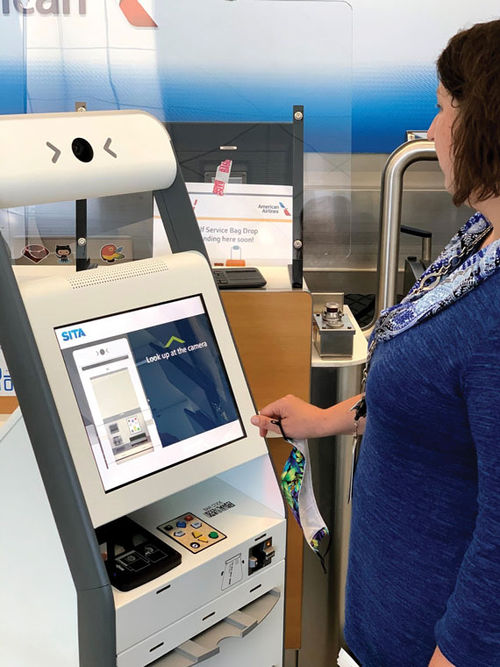Airline losses will continue to mount in 2021 due to the Covid-19 pandemic, with some prominent international airlines at risk of closure.
In addition, testing rollouts will proceed apace for international routes, even as the Covid-19 vaccine is distributed.
And airlines and airports will ramp up deployment of tech solutions to facilitate travel and make it safer.
Those are some of the predictions industry experts are making as the new year approaches.
IATA is forecasting that airlines will lose $38.7 billion globally in 2021. Coupled with losses of $118.5 billion this year, industry consolidation can be expected, according to IATA chief economist Brian Pearce.
Closures, though, are unlikely among the mainline U.S. airlines, said Judson Rollins of New Zealand-based consultancy Propel Solutions. Most U.S. airlines, he said, have borrowed enough money to see them through two or more years of continued crisis.
Conversely, several global brands are in peril. Rollins listed Azul, Gol, Interjet, South African, Norwegian, Air Asia X, Thai Airways and Malaysia Airlines as prominent carriers most likely to fail next year.
On the testing front, travelers can expect to see airlines continue to coordinate with governments on new testing-enabled corridors that would replace quarantines and border closures. For example, Delta has recently announced such programs on routes from Atlanta to Rome and Amsterdam.

Touchless bag drop used at Dallas-Fort Worth Airport. Analysts predict more touchless and biometric options will be evident in U.S. airports next year. Photo Credit: Courtesy of Dallas-Fort Worth Airport
"I don't think that testing for travel is going to be a long-term experience, but I think that through a decent part of 2021 we will continue to deal with testing," said Seth Miller, editor of the aviation website PaxEx.Aero. "The amount of time it's going to take for everyone to get vaccinated is not trivial. We don't know yet if a vaccinated person can be still be carrier, for example."
Miller also expressed optimism about deployments of digital health passports, which will provide verifications of travelers' negative Covid test results and vaccines to airlines and governmental authorities. CommonPass, which has been developed through a partnership of global governments and international nongovernmental organizations, along with the IATA Travel Pass, are the most prominent of the emerging digital passports.
Covid-19, and the emphasis it has placed on an efficient, touchless airport experience will also lead to a ramp-up next year in airport biometric deployments, predicted Andrew O'Connor, vice president of industry relations for the airport technology provider SITA.
"Previously the argument for biometrics was just about trying to be frictionless," O'Connor said. "Looking into the camera rather than keying in all sorts of information. But now it is linked to safety, as well."
SITA says it is working with airports and airlines across the U.S. to introduce touchless, biometric processing for domestic travel.
Airline passengers should also enjoy improved servicing during disruptions in 2021 more than ever before, said Mike Sloan, vice president of travel retail at PROS, a revenue management software provider for the industry.
The extreme disruptions to travel that the pandemic caused this year resulted in carriers placing a sharper focus on automated systems that handle items such as cancellations and rebookings. Sloan expects that next year, more airlines will tackle trickier automation challenges, such as rebookings on multiairline itineraries, including interlines and codeshares.